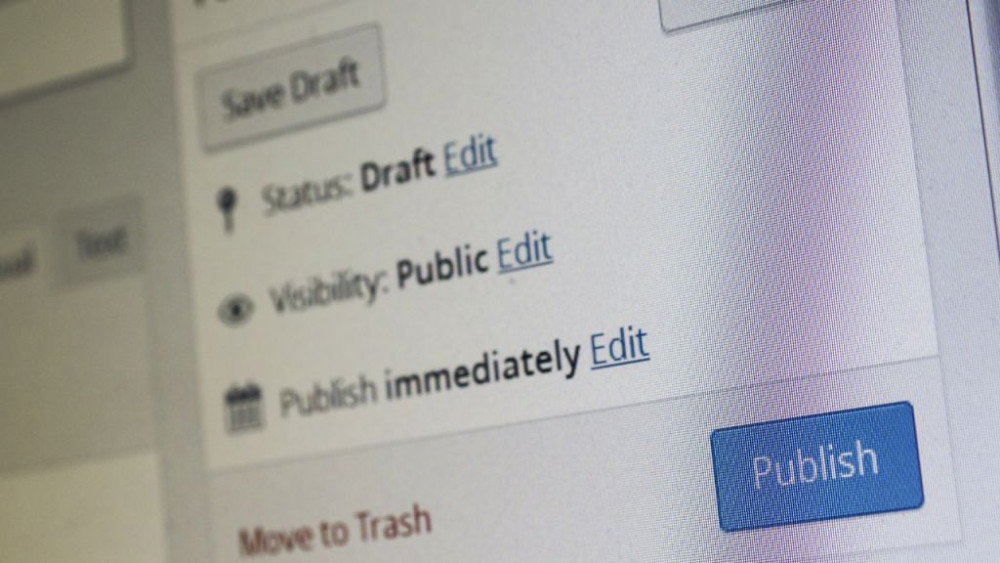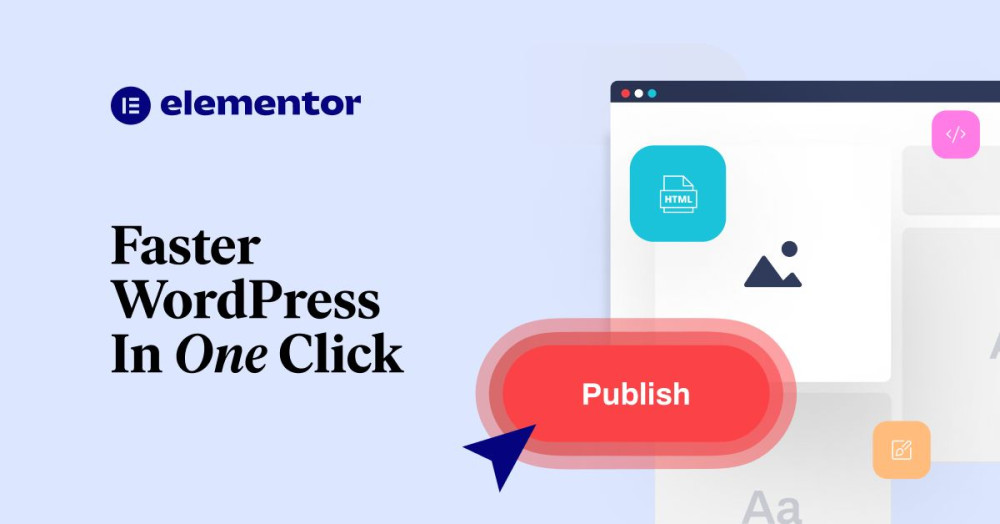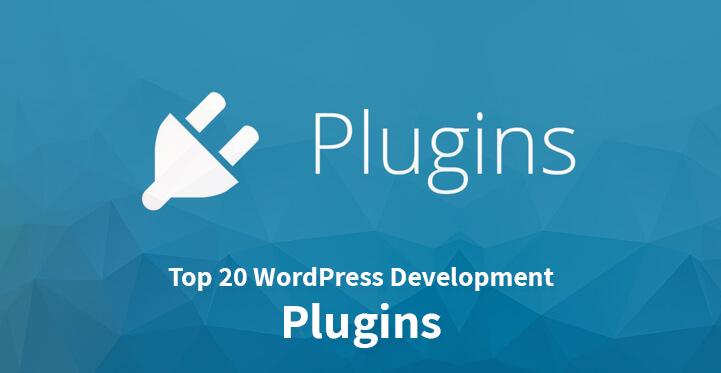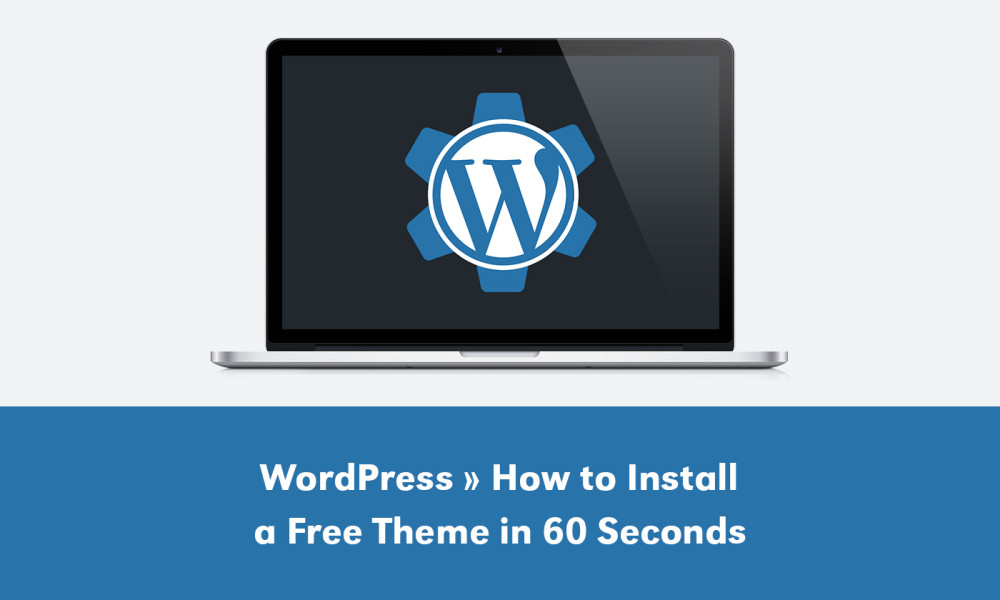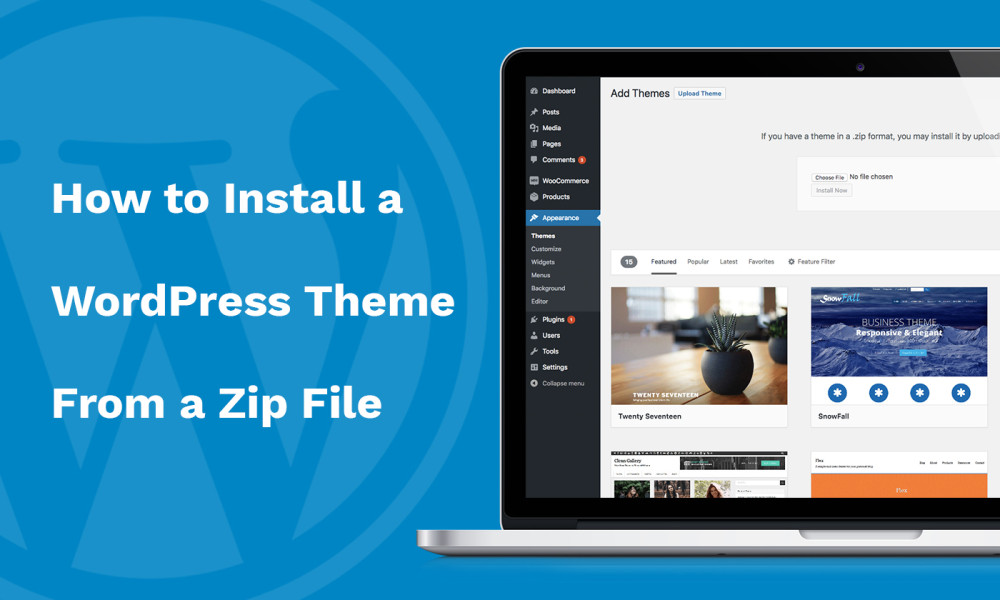reduce http requests on wordpress
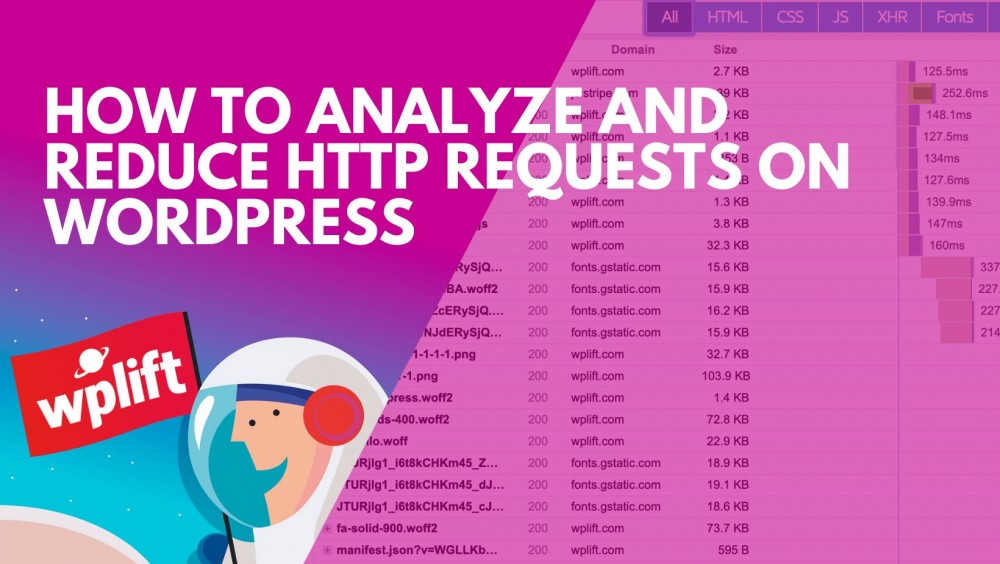
there are some simple non-technical solutions that make great starting point, like choosing WordPress host and using WordPress caching plugin...
It needs HTML for the basic content, CSS to make things pretty, any image files, JavaScript files you get the idea.
it sends out HTTP request for that CSS file.
In general, it's going to take longer to load the page because it needs to request lot more information.
GTmetrix will give you high-level look at the number of HTTP requests in Page Details section, and you want the Waterfall for deeper look..
Similarly, you can switch to the folder to see the 4 requests from GeneratePress theme.
I think it's helpful to dig into your own waterfall chart to understand what's happening on your specific site, and to finish out this post, let's talk about some generic tips that you can use to reduce HTTP requests on WordPress. 1.
you can use Scripts Manager in Perfmatters plugin to disable scripts on page-by-page basis.
Finally, to decrease the number of HTTP requests for visitor's initial page load, you can use lazy loading..
To analyze HTTP requests for your website, you can use the waterfall analysis feature in WordPress performance testing tool like GTmetrix..
Read more
It needs HTML for the basic content, CSS to make things pretty, any image files, JavaScript files you get the idea.
it sends out HTTP request for that CSS file.
In general, it's going to take longer to load the page because it needs to request lot more information.
GTmetrix will give you high-level look at the number of HTTP requests in Page Details section, and you want the Waterfall for deeper look..
Similarly, you can switch to the folder to see the 4 requests from GeneratePress theme.
I think it's helpful to dig into your own waterfall chart to understand what's happening on your specific site, and to finish out this post, let's talk about some generic tips that you can use to reduce HTTP requests on WordPress. 1.
you can use Scripts Manager in Perfmatters plugin to disable scripts on page-by-page basis.
Finally, to decrease the number of HTTP requests for visitor's initial page load, you can use lazy loading..
To analyze HTTP requests for your website, you can use the waterfall analysis feature in WordPress performance testing tool like GTmetrix..
Read more
Report
Related items:






